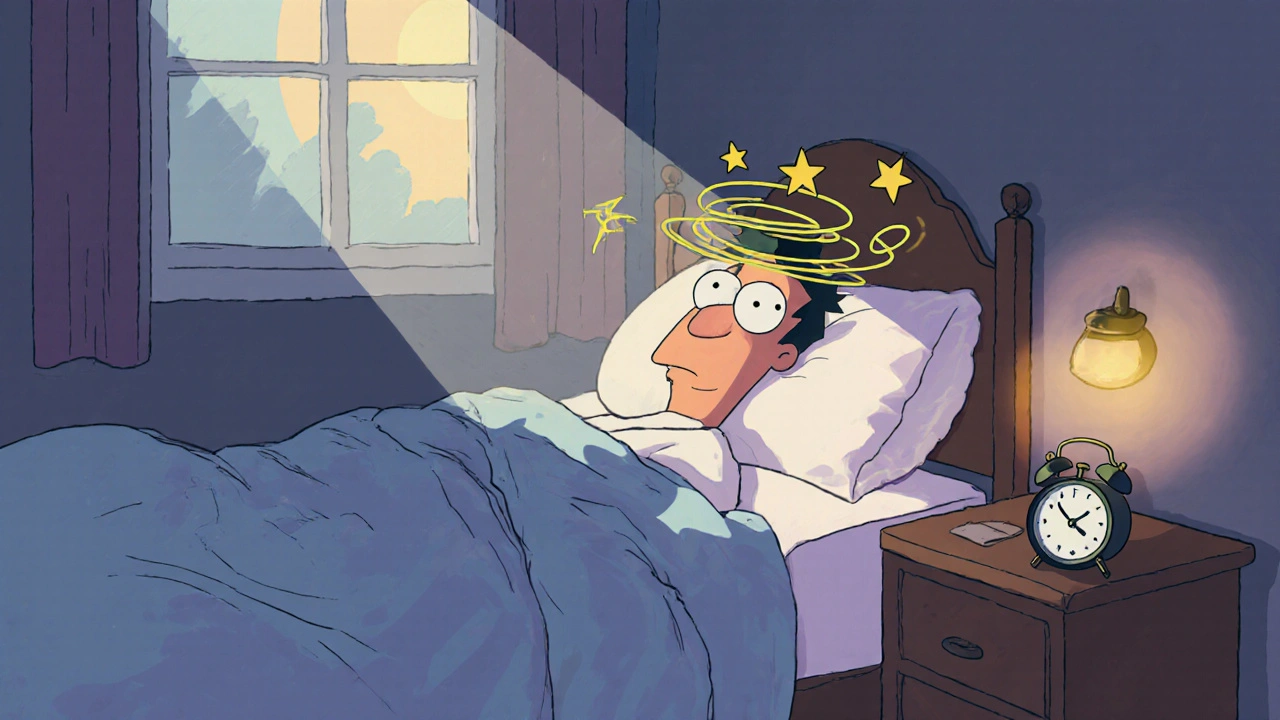Orthostatic Hypotension Treatment: What Works and What Doesn’t
When you stand up and suddenly feel dizzy, lightheaded, or like you might pass out, you’re likely dealing with orthostatic hypotension, a condition where blood pressure drops sharply upon standing, causing reduced blood flow to the brain. Also known as postural hypotension, it’s not just an old-person problem—it can hit anyone, especially those on blood pressure meds, diuretics, or with nerve damage from diabetes. This isn’t just about feeling a little woozy. Untreated, it increases fall risk, limits mobility, and can mess with your daily life—getting out of bed, standing in line, even showering becomes a gamble.
What causes it? Often, it’s your body’s autonomic nervous system not responding fast enough to keep blood pressure steady when you change position. But it can also be triggered by dehydration, a simple but common trigger that reduces blood volume and makes drops worse, or by medications like hydrochlorothiazide, a diuretic used for high blood pressure that can drain too much fluid. Some people get it after long bed rest, during pregnancy, or because of Parkinson’s disease or diabetes. The good news? You don’t always need a new prescription. Simple fixes like drinking more water, wearing compression socks, or sitting on the edge of the bed for a minute before standing can make a real difference.
When lifestyle changes aren’t enough, doctors may turn to medications. Drugs like midodrine or fludrocortisone are sometimes prescribed to raise blood pressure, but they come with trade-offs—headaches, tingling, or even high blood pressure when lying down. That’s why treatment isn’t one-size-fits-all. Your approach depends on what’s causing it, how bad it is, and what other meds you’re taking. If you’re on blood pressure drugs like losartan or candesartan, your dose might need tweaking. If you’re using diuretics like hydrochlorothiazide, timing or dosage adjustments could help. And if you’re managing something like Parkinson’s, where orthostatic hypotension is common, treatment often needs to be part of a bigger plan.
You’ll find real-world advice here—not theory, but what people actually use and what works in practice. We’ve pulled together guides on how hydration affects fluid balance, how certain blood pressure meds like Hyzaar or Valsartan-Hydrochlorothiazide can contribute to dizziness, and how to spot when a symptom is more than just standing up too fast. Whether you’re trying to avoid falls, manage side effects from your current meds, or just want to feel steady on your feet, the posts below give you clear, no-fluff options to try.
 18 Oct 2025
18 Oct 2025
Learn why sleep is crucial for managing idiopathic orthostatic hypotension, how poor rest worsens symptoms, and practical steps to improve nightly rest for steadier mornings.
View More

